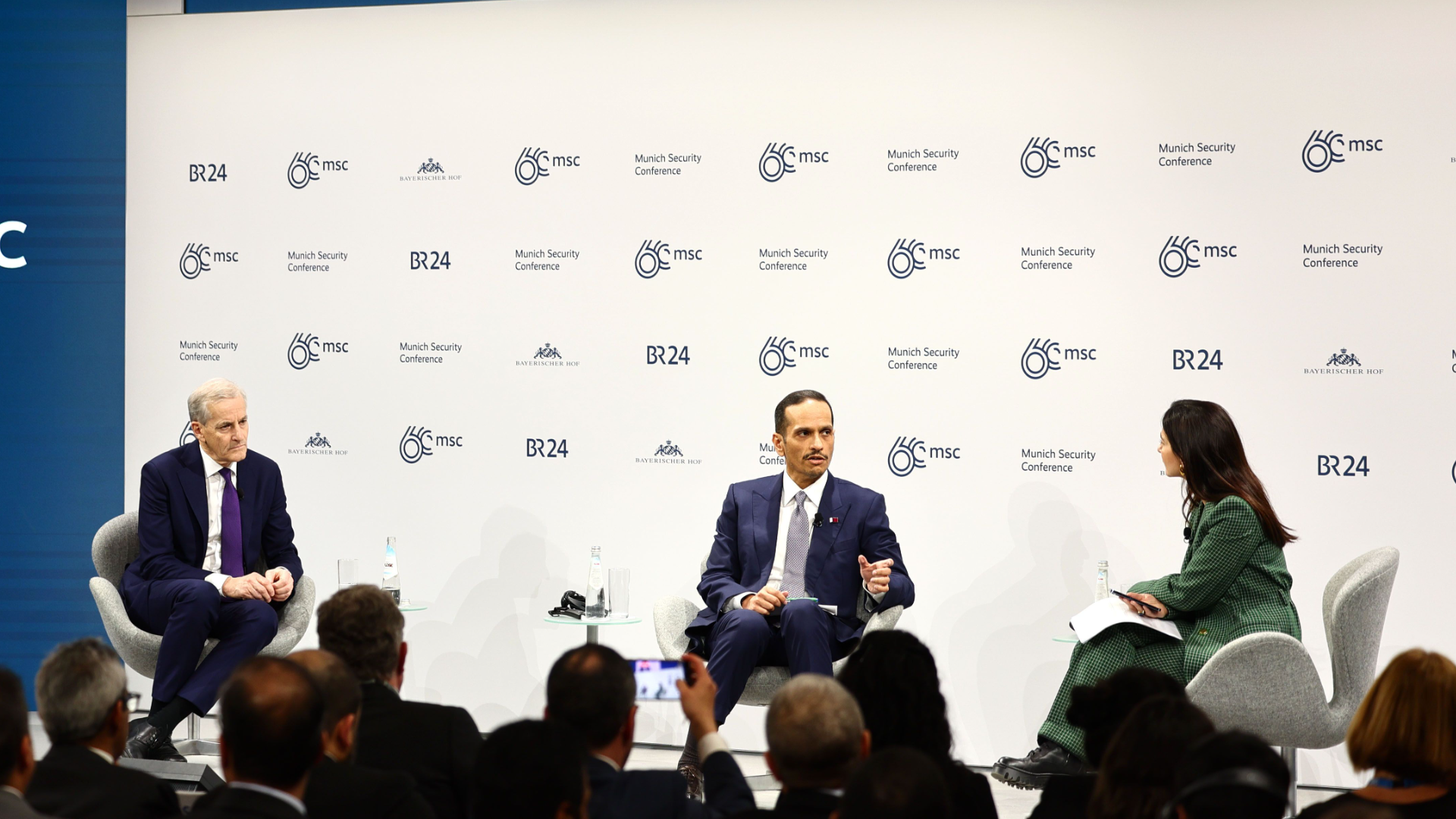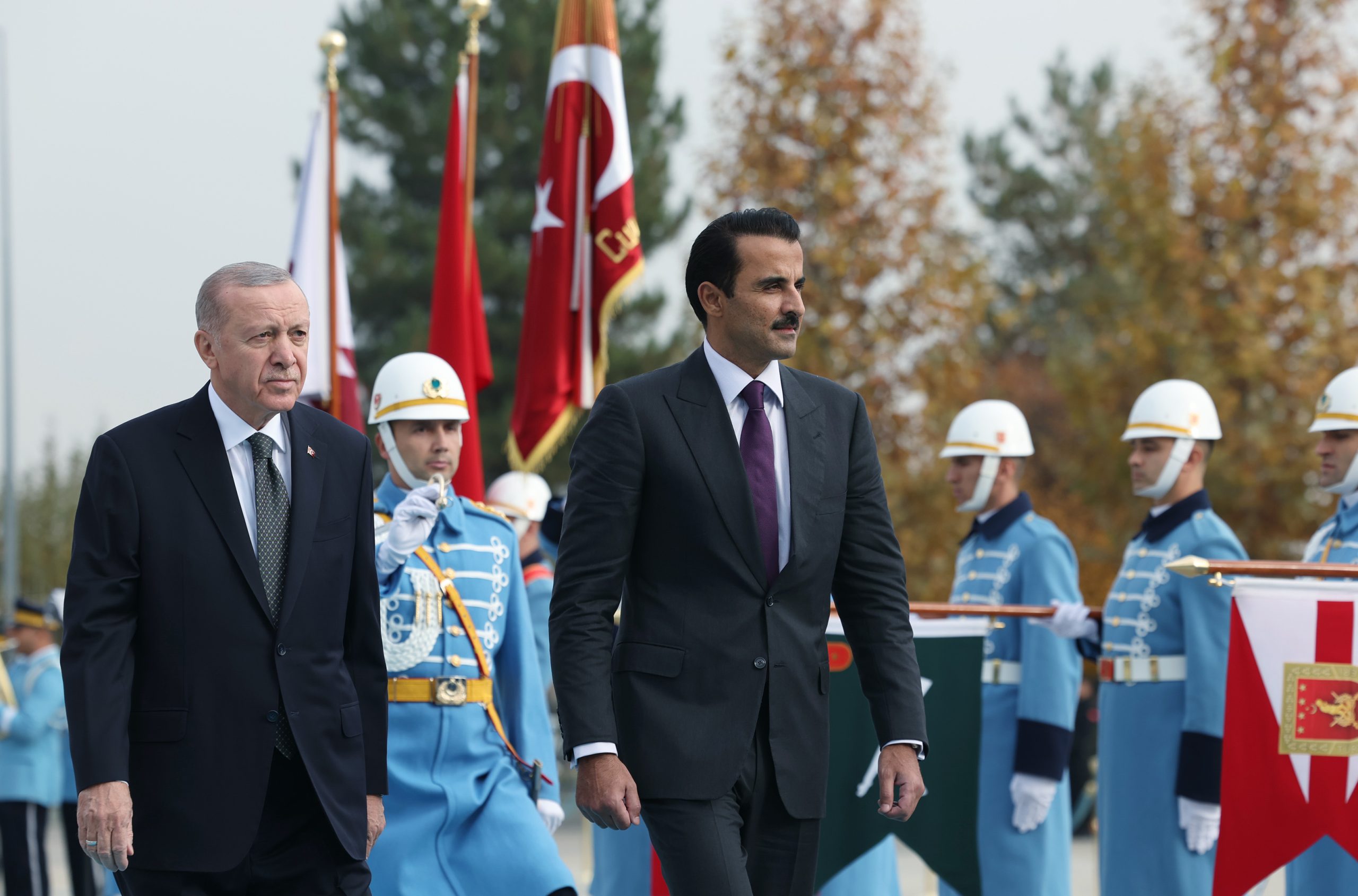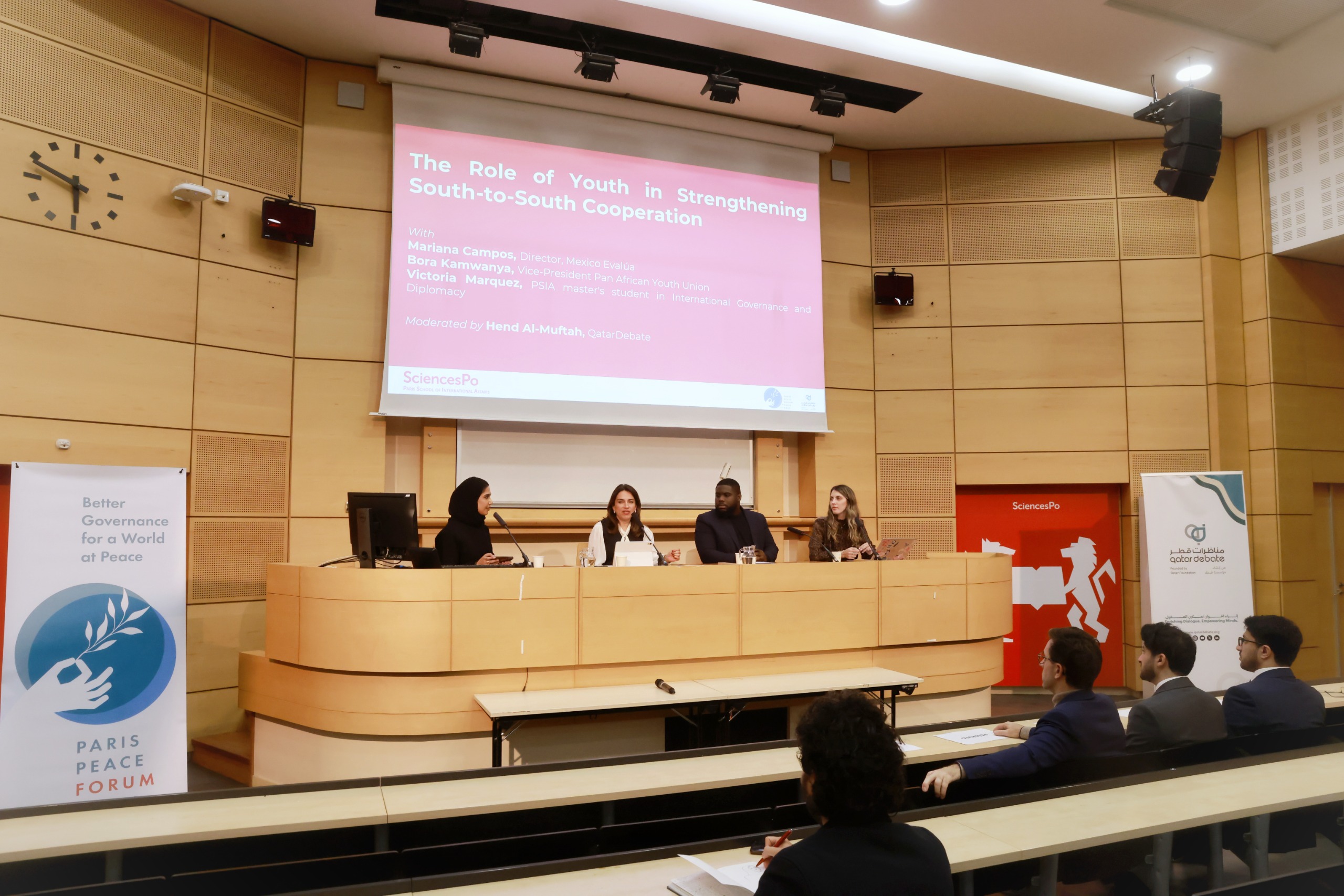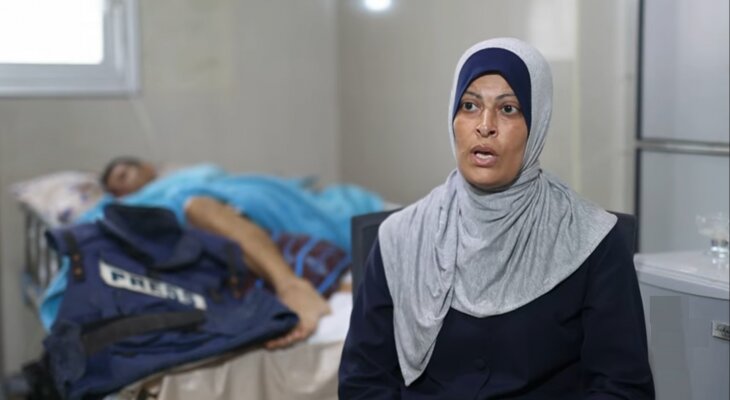Qatar’s Prime Minister, speaking at the Munich Security Conference, calls for an immediate ceasefire in Gaza, emphasising the humanitarian crisis, especially in Rafah.
Qatar’s Prime Minister and Minister of Foreign Affairs Sheikh Mohammed bin Abdulrahman Al Thani, has renewed calls to end Israel’s war on Gaza, stressing the urgent need for a ceasefire and emphasising the humanitarian toll of the war.
The Qatari PM made the comments in a panel discussion at the Munich Security Conference in Germany, where he disclosed that ongoing negotiations aimed at establishing a ceasefire in Gaza have shown little promise recently.
“The pattern in the last few days are not really very promising but, as I always repeat, we will always remain optimistic and will always remain pushing,” he said.
He highlighted that the critical aspects under discussion were the dire humanitarian conditions in Gaza and the issue of the number of Palestinian detainees to be released in exchange for Israeli captives held in Gaza.
Sheikh Mohammed expressed concern over the progress in reaching an agreement and the significant challenges still faced, particularly concerning the humanitarian aspects of the negotiations.
“I believe in this agreement we are talking at a bigger scale and we still see some difficulties on the humanitarian part of these negotiations,” he noted, suggesting that resolving these humanitarian issues could pave the way for overcoming hurdles related to prisoner releases.
Sheikh Mohammed urged for an end to the war on Gaza without “preconditions”.
The discussions, involving mediators Qatar, Egypt, Israel, and the United States, have yet to achieve a breakthrough that would pause the hostilities.
Sheikh Mohammed also addressed the perceived double standards in global conflicts, drawing parallels between the international response to the war in Ukraine and the situation in Gaza.
“Right now we see the people in Gaza being killed, being displaced, we didn’t see the same stands that happened in different conflicts when it comes to the issue of killing the Palestinian people,” he said.
“We see there is an abandonment of the first principles of right and wrong, and without judging the act. We are not looking at the act itself, but the perpetrator to decide whether it’s right or wrong,” he added.
“So I think we are at a crossroads now and it is very critical that we stand for a rule-based international order, that everyone is talking about here in Munich and at other events, and we don’t differentiate depending on who are the people who commit these acts or who are being the victims of these acts.”
He voiced concerns over the Arab world’s reaction to the lack of intervention to protect Palestinian civilians, saying, “How will we face our citizens when we show them we couldn’t help the defenceless Palestinians in Gaza?”
Israel’s relentless war on Gaza, which began on 7 October, has killed at least 28,858 people – mostly women and children, and injured over 68,677 others.







